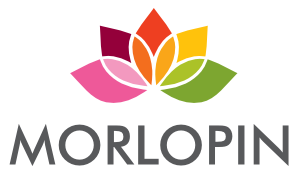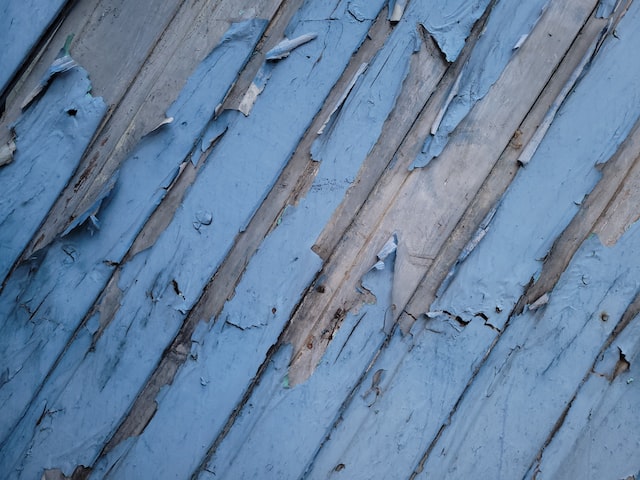Anti-corrosion coating at Morlopín
The anti-corrosion coating is a protective coating, an industrial paint. To prevent corrosion damage to surfaces and structures. It is mainly used in environments that promote corrosion. As are the areas near the coast. Or those industrial environments where corrosive chemicals are present.
When this layer wears and erodes. It leaves the underlying metal exposed to corrosion. This process has a significant impact on service life. And safety of industrial structures and equipment. Some of the factors that can contribute to corrosive coating are:
- Environment. The environment is one of the most important factors contributing to corrosive coating. Water, air and chemicals can accelerate the corrosion process.
- Temperature. Temperature can also affect the coating. Heat can weaken coatings, while cold can cause them to shrink and crack.
- Contamination. Air and water pollution require the application of anti-corrosion coatings. Due to the presence of acids and chemicals.
- Mechanical mechanisms. Mechanical mechanisms such as friction or vibration can weaken coatings and increase corrosion.
- Lack of maintenance. Lack of proper maintenance can contribute to wear of the corrosion protection coating. Dirt, grease and chemicals can accumulate and weaken coatings.
- Coating material. The coating material is very important. Since some materials are more resistant to corrosion than others.
Maintenance and application of anticorrosive coatings
Adequate maintenance is recommended to prevent deterioration of the anti-corrosion coating and to achieve corrosion protection.
Apply high quality, corrosion resistant coatings such as anti-corrosion paint. And control environmental factors that may affect the coating. It is also important to perform periodic inspections to detect and repair any damage to the coating before it becomes a more serious problem.
Types of anti-corrosion coatings
In addition to traditional coatings, there are other coating options that can provide increased corrosion resistance and durability:
- Polymer coatings: Polymer coatings, such as polyurethane coatings and polyester coatings, are corrosion and abrasion resistant and can provide excellent protection against moisture and chemicals.
- Hard metal coatings: Hard metal coatings, such as cobalt and nickel, provide excellent corrosion and abrasion resistance and are ideal for applications where high durability is required.
- Ceramic coatings: Ceramic coatings are corrosion, abrasion and heat resistant and are ideal for applications where high wear resistance is required.
- Organic coatings: Organic coatings, such as paint coatings and lacquer coatings, provide excellent protection against corrosion and moisture, and are ideal for applications where high weathering and UV resistance is required.
- Glass coatings: Glass coatings are corrosion and abrasion resistant and provide excellent protection against moisture and chemicals.
Conclusions
It is important to keep in mind that each option has its own advantages and disadvantages, and that factors such as environment, operating conditions and cost should be considered before choosing a coating.
It is important to consult with a coating specialist to determine the best choice for each specific application as well as to make sure that the product comes from a professional paint manufacturer.
Related searches: anticorrosion treatment steel, corrosion protection methods, corrosion protection methods, how to protect iron from corrosion, corrosion coatings, corrosion protection for metal structures, anticorrosion treatment for metal structures, metal coatings, corrosion protection methods, corrosion protection methods, corrosion protection coatings

